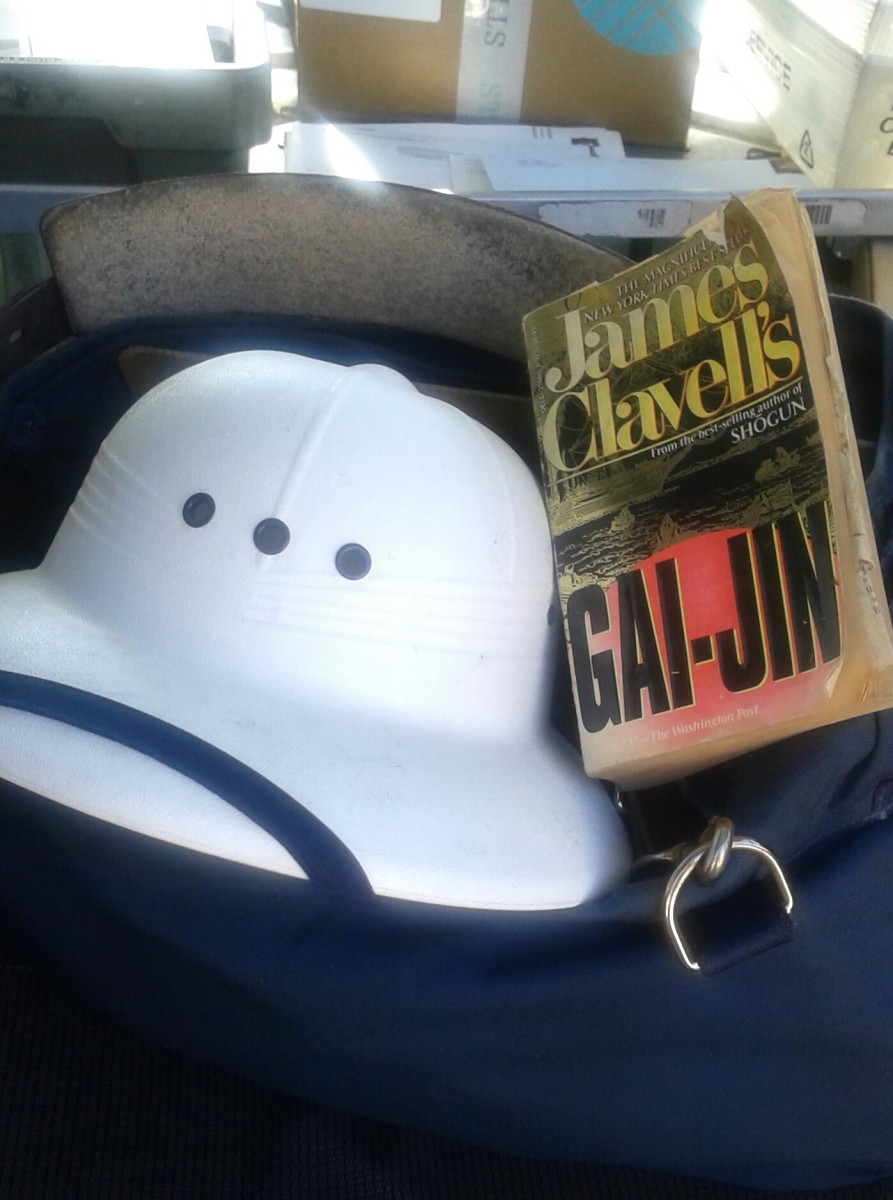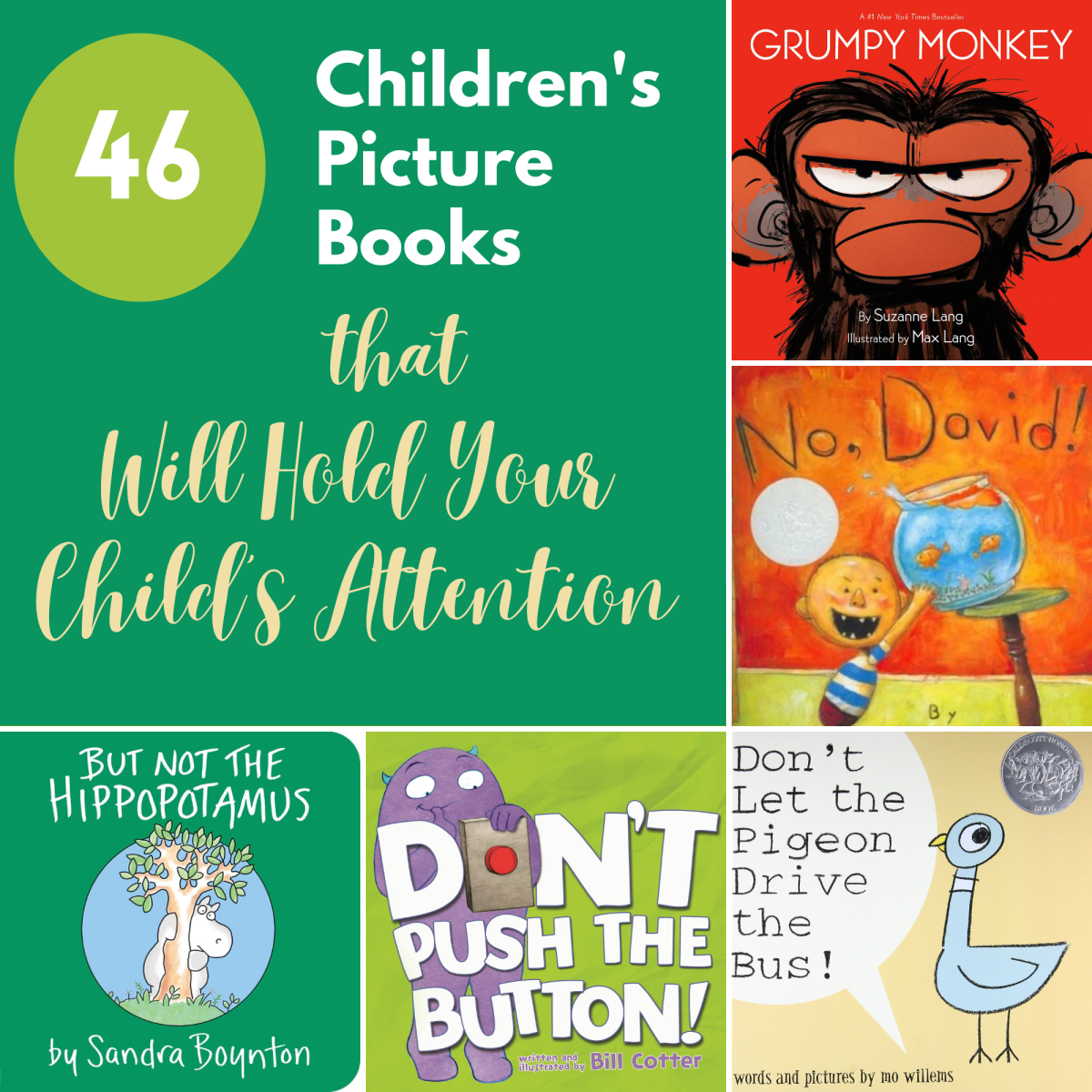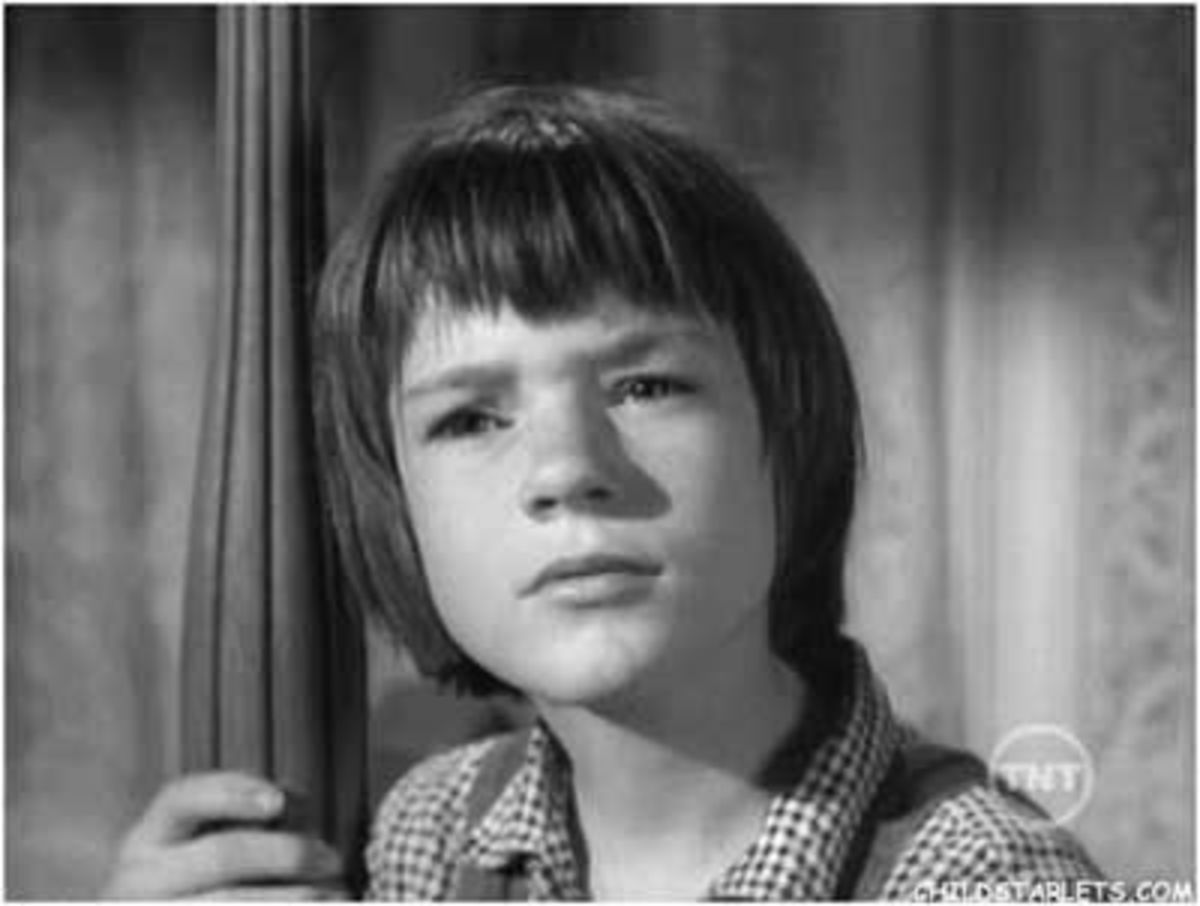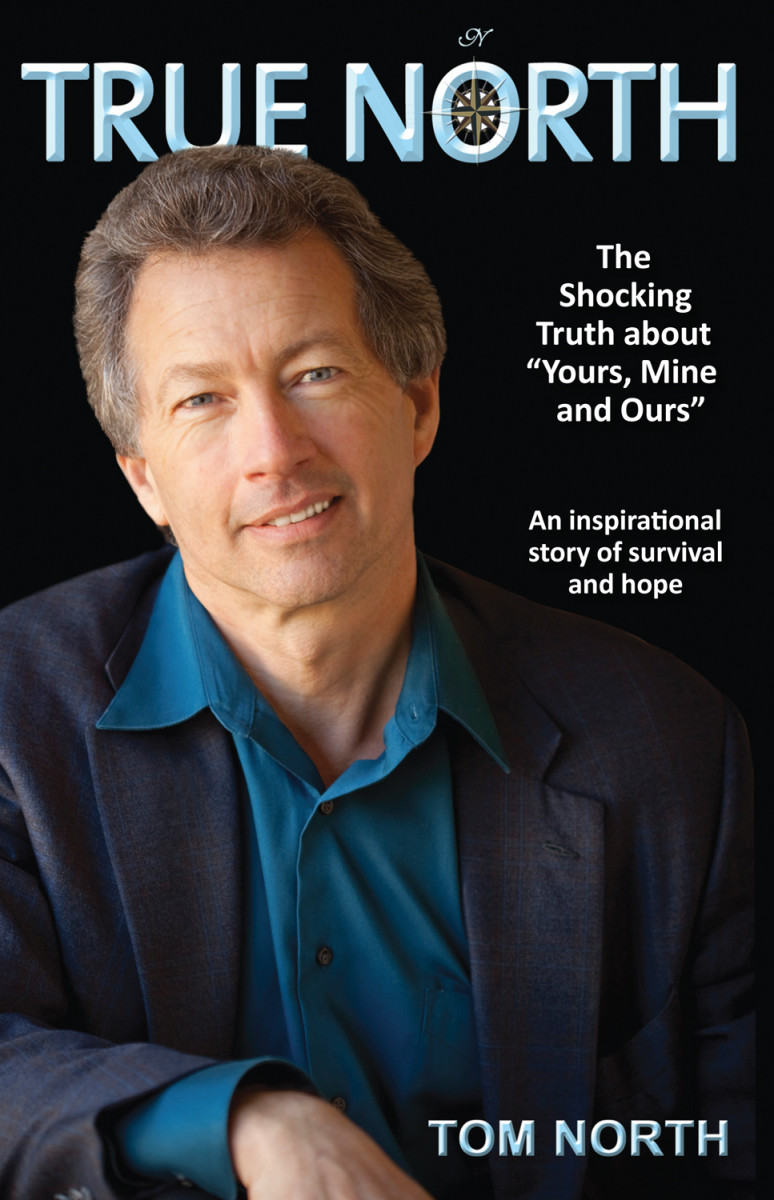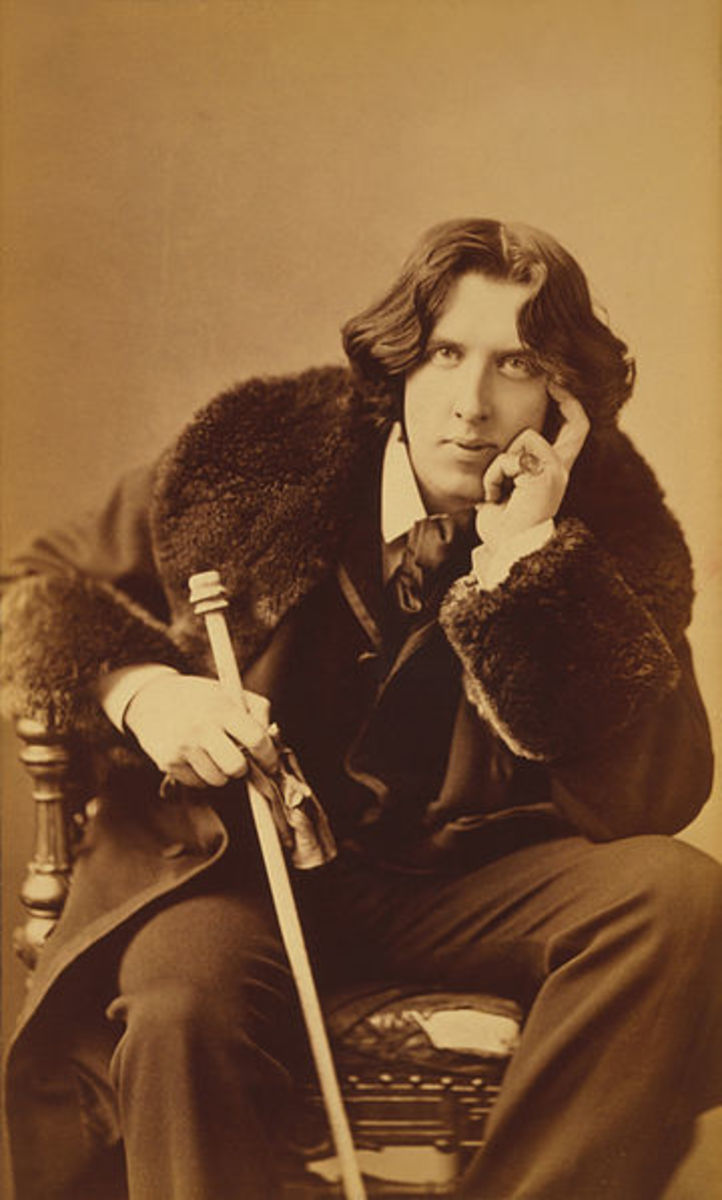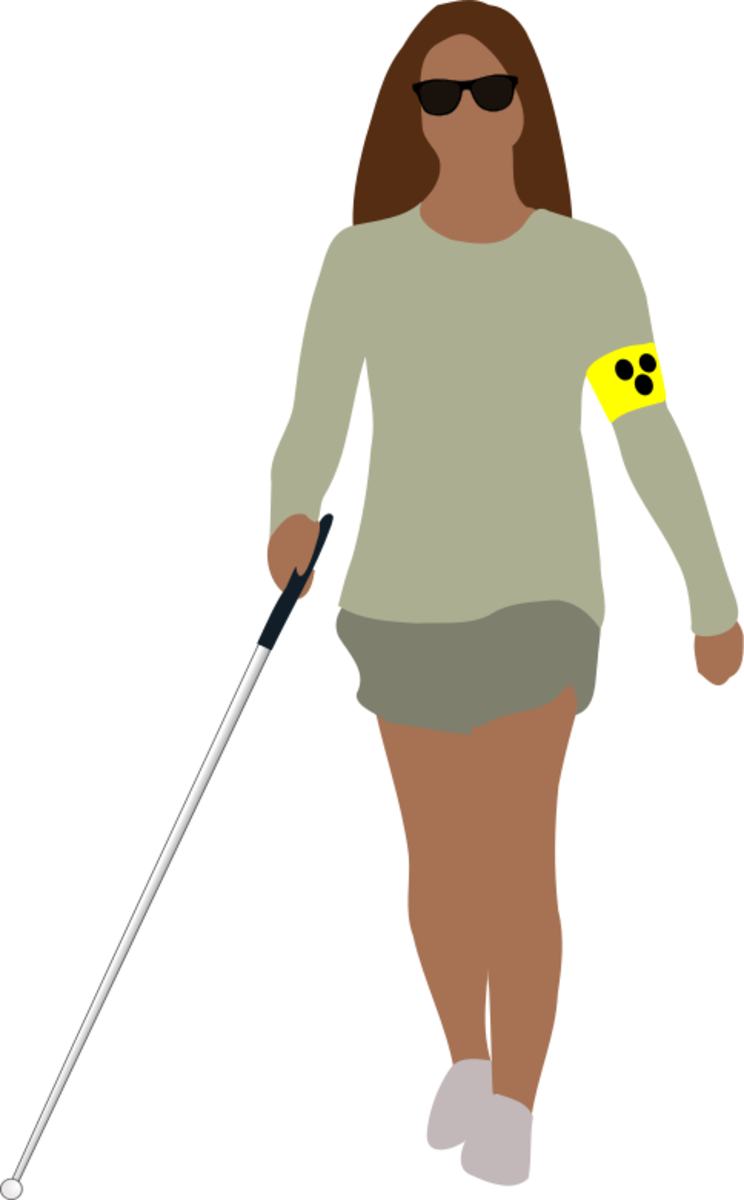Who IS Afraid of Virginia Woolf?

I'll be honest, I used to be afraid of Virginia Woolf. I'm now more afraid of Who's Afraid of Virginia Woolf?, but of Virginia Woolf, not so much. (That's just a joke; I'm not afraid of Who's Afraid of Virginia Woolf either.)
But there's no need to be afraid, really. It's a bit silly. What's a book, even one by Virginia Woolf, going to do to you? Maybe make you feel a bit stupid, perhaps? But I've never bothered with people, or books, who are all superior like that. People who make me feel stupid don't deserve a place in my life, so I eject them from it. But books don't necessarily need to be like that. Our perceptions of them, based on what we've heard some hoighty-toighty people say about them, generally turn out to be wildly inaccurate. Let's think of some books that are supposed to be a bit difficult to get through.
- War and Peace - fair enough, I've never tried to read it yet
- Vanity Fair - true, it is a whopper
- Catch 22 - for the life of me I cannot understand why this is supposed to be difficult
- Animal Farm - not that bad, at least it's short
- Jane Eyre - I read it in a day once (not braggin' or anyfink)
- Heart of Darkness - better if read without a teacher translating every sentence
- Lord of the Rings - a fortnight in Greece will get you through this
- The Gormenghast Trilogy - I'll grant you, it's not an easy one
This is not the definitive list of 'most difficult books to read', clearly, and there are harder literary tomes than these. But I think that lots of people, if presented with that book list, might mutter something along the lines of 'oh, haven't you got any Terry Pratchett, something a bit more fun?'.
But how do you know they're not fun if you haven't read them? Well, alright, almost all of those books are not fun, with the possible exceptions of Vanity Fair and Catch 22 - and even in both of those nearly everybody dies.
I suppose it all depends on why you read. Do you read for relaxation? Well then, perhaps Animal Farm is not for you, being rather political (I'm the queen of understatement) and somewhat pacey. Do you read to broaden your mind? Then you should be alright with the whole of that list. Do you read to impress people? Surely no one does that, do they? Well, yes, actually, some people do. And actually, they don't read their books properly, with joy and unbridled pleasure; they don't climb into the pages of their books and disappear into other worlds in those precious hours. They analyse! And they discuss! And they find out what other people think, and they challenge, and profess to have a clearer understanding than you, all the while being blissfully unaware of having missed the whole point of reading. And if you were to ask them if they enjoyed a particular book you would never hear them say yes, because they believe, as such-and-such-a-body in such-and-such-a-periodical said, that everything is badly written.

Here's a thing to tell yourself about 'difficult' literature: you don't have to like it, and you don't have to finish it if you don't like it. You could borrow Heart of Darkness from the library - it's a quick read, you'd not likely incur a fine - and you could give it a go. Because - and here's the big clue - there's a reason why these books are still famous and still endure and are still on school curricula, and it's because they're really, really good! But I think that the trick to reading a book that you think of as 'heavy' is to read it with no expectations, if you can. Don't read what anyone else has to say about it first, don't let someone else form your opinions for you (as is the case when I read books in English lessons at school) before you've even read a word yourself. Just go with it, as it were. Read the words as the author (and editor) put them down, and enjoy the story in its rawness, uncluttered by in depth analyses and favourable or negative reviews. Pick up a book and read it because it grabs you and you think you might enjoy it. Read it because you're curious as to what all the fuss may be about.
I have recently been reading some famous books, not really knowing anything about them, but simply being aware of their existence for most of my life. The Pickwick Papers, by Dickens of course, Catch 22, by Joseph Heller, and To Kill a Mockingbird, by Harper Lee. And I might as well tell you that all three are bloody brilliant! Three very different stories, all having just one thing in common, that of being on my must-read-before-I-die list. I felt that I should read them because they are famous great works of literature - and I think that's exactly the problem, right there, that's what puts people off so much. If they're old and famous they're probably impossible for ordinary people to understand. Not so. I finished Catch 22 last night; I picked it up thinking that it was a pretentious piece of sci-fi! I didn't even know it was a WWII story - how thick am I?! But it had just passed under my radar for the whole of my life. Oh, but I loved it though. What an amazing book - truthfully, now one of my favourite books. And such an easy read - I whizzed through it, and that was because I cared deeply about the characters.
Do I understand the deep and all-pervading satire that penetrates the whole book? No, I do not. I will freely admit that most of the references probably went straight over my head. But still, I loved it. And isn't that just as important? Well, maybe not quite as important as understanding the important anti-war message, but almost. I doubt that I could discuss the book's themes and messages with you, unless you go first and give me some clues. But that's where the fun really begins - you need to have read it before you can properly analyse it.
In school I remember teachers telling us what every line, every word of Shakespeare meant, painstakingly, methodically, never missing out a single historical reference for fear that we might not learn what a 'contagious blastment' is ... What a shame they didn't just send us off alone to read, or to act in groups, before coming back together in the lesson with a good basic overview of the whole story. It would all have made much more sense, I'm sure. As it was, I remember being told things like 'it will all become clear as we go on ...' quite a lot, and 'as we'll see in the next chapter ...'. Hmm. It never did become clear, until I read them by myself years later.
So I've now read Catch 22, as I said. And I've been blown away by it, as I intimated, quite blown away (just like Snowden's innards!) and now I can go and find some reviews of it, and find out just how much of the satire did go over my head. And then what's nice is that, if I want to, I can read it again, knowing a little bit more than I did the first time. On the back of my copy of Catch 22 there is a quote which says 'if they can take it' which refers to readers who might not be able to stand to read the whole book because of the seeming irreverence of Heller's writing and his willingness to satirise war when it had only quite recently ended. Is it alright to poke fun at death? But Heller doesn't really do that - his story is actually very sensitive and respectful to those who do deserve respect; but he is brutally honest. We all know war is ridiculous, don't we? Catch 22 only ridicules the causes we fight for, not the sacrifices that 'we' made; he calls into question our convictions about what is right and who is evil.
Well, I may have missed the point entirely, but what I'm illustrating in the above paragraph is that last night, when I put the book down, I didn't know that I'd picked up anything deep. I merely thought that I thought 'wow, I've finished a clever book!'. It's not until you've (you might actually read very deeply into a books themes straight away - I ain't none too clever at the point of reading, and have to mull things over for a while) had time to digest a book and let it get under your skin that what you've learned from it starts to leak out.
Another example - and this demonstrates how thick I can be - is that I didn't realise that the Wild Things in Where the Wild Things Are were actually inside Max, that they were personifications (monsterifications?) of his rage. The depth of thought that a book is written with is often lost on me. But that does not mean that I don't derive a tremendous amount of pleasure from reading. Vanity Fair, mammoth book, full of historical jokes and names and undercurrents that I will never understand - but still one of my favourite books because of its characters, its story of desperation and survival, its humour and its costumes!
But what about some popular science or popular history? A bit of Stephen Hawking or some Antonia Fraser? Believe me, never as tricky as you might expect. I once picked a huge biography of Queen Victoria off a shelf and announced that I was going to read it - my partner said, not at all patronisingly, 'I know you want to read history books, but maybe you should start with something a little smaller?'. But I read it, and it was a fascinating read. I was surprised that history could be brought to life so beautifully, that it could be so captivating and alive, that I promptly started buying up all the books on kings and queens that I could find. I now know a lot about the Tudors. Queen Lizzy the First? What a gal!
Science I'm just getting started on; but what fun! Physics! I failed all of my science subjects at school - I wish I'd known how amazing and beautiful and magical and awesome and inspiring and just downright ace science is. I could have been an astrophysicist by now.
So, as I was saying at the beginning, there's nothing to be afraid of in a book. If you really hate it, just put it down and pick up another. It never hurts to try though ...
Mind you, I haven't opened War and Peace yet.



